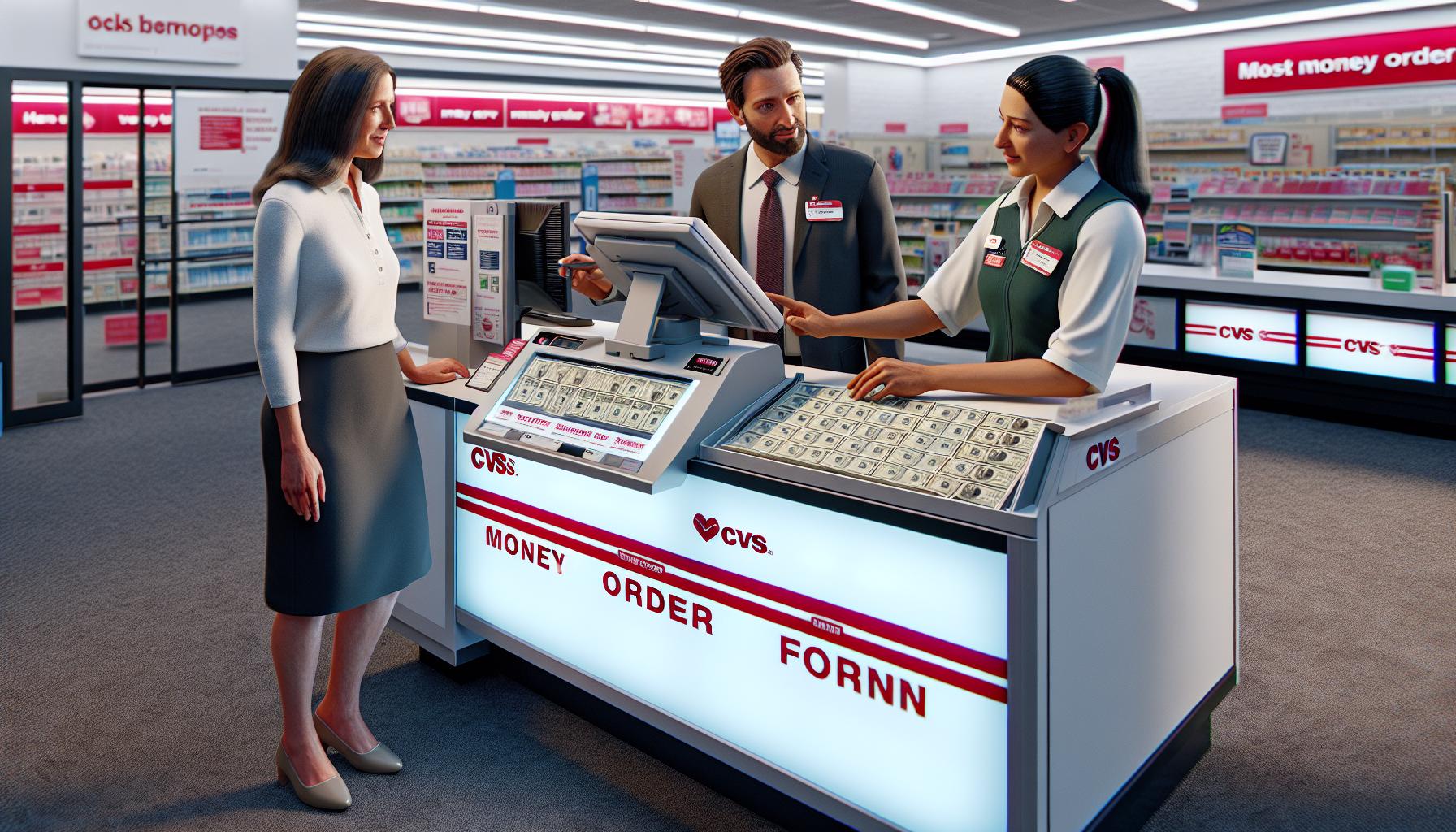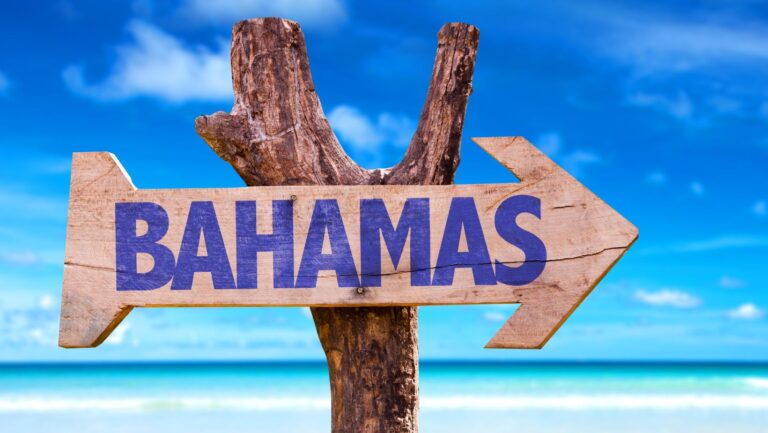In today’s fast-paced world, finding convenient financial solutions is essential. Many people seek alternatives to traditional banking methods, and money orders have become a popular choice for secure transactions. With numerous retailers offering this service, it’s crucial to know where to turn for reliable options.
CVS, a well-known pharmacy chain, often comes to mind when considering where to obtain a money order. But can you really get a money order from CVS? Understanding the ins and outs of this service can save time and ensure smooth financial dealings. Let’s explore what CVS has to offer and how it can meet your money order needs.
Can You Get a Money Order from CVS
Money orders provide a secure and convenient way to make payments without the need for a bank account. A money order is a payment method backed by the issuer, guaranteeing funds are available for the recipient. They appeal to individuals requiring an alternative to personal checks or cash, especially for transactions like paying bills or sending money.
Money orders function similarly to checks but offer higher security. They often include tracking options, making it simpler to confirm the delivery of funds. Most money orders have limits, typically ranging from $1,000 to $5,000, depending on the issuer and location.
Key features of money orders:
- Security: Issuers guarantee funds, reducing the risk of bounced payments.
- Accessibility: Available at various retailers, including CVS, making them easy to obtain.
- No bank account needed: Ideal for unbanked individuals wanting to make electronic or mail payments.
In many situations, money orders become a practical solution, ensuring transactions proceed smoothly and securely.
CVS as a Money Order Provider
CVS provides customers with a convenient option for obtaining money orders. As a well-established retail chain, it plays a significant role in meeting financial service needs.
Services Offered by CVS
CVS offers money orders issued by MoneyGram. Customers can purchase these money orders for various purposes, including bill payments, money transfers, and other transactions requiring secure funds. Customers can visit any participating CVS location to acquire money orders, typically available during regular store hours. Additionally, CVS associates assist with the money order process, ensuring customers complete transactions smoothly.
Cost of Money Orders at CVS
The cost of money orders at CVS varies based on the order amount and location. Generally, the fee for a money order may range from $1.25 to $2.25, depending on the total amount purchased. Customers are encouraged to check with their local CVS for specific pricing, as fees might differ by region. Payment methods for money orders accepted at CVS include cash, debit cards, and select prepaid cards, providing customers with flexible options.
How to Obtain a Money Order from CVS
Obtaining a money order from CVS involves a straightforward process. Customers can access this service easily at local CVS locations during business hours.
Step-by-Step Process
- Locate a CVS Store: Find a nearby CVS store that offers money orders by using the CVS store locator on their website or mobile app.
- Visit the Store: Go to the store during operating hours, typically from 8 AM to 10 PM, but verify local hours as they may vary.
- Request Assistance: Approach a CVS associate at the register or designated service counter and ask for a money order.
- Provide Payment: Present cash, a debit card, or a select prepaid card to pay for the money order. Ensure the total covers both the order amount and any applicable fees.
- Fill in the Money Order: Complete the money order by providing the necessary details, including the recipient’s name and address.
- Keep the Receipt: After completing the transaction, retain the receipt for record-keeping and tracking purposes.
- Payment Method: Cash, debit card, or select prepaid card.
- Identification: While not mandatory, having a valid ID may expedite the process, especially for higher amounts.
- Recipient Information: Details about the recipient, including their name and address, are necessary to complete the money order.
Limitations and Considerations
Understanding the limitations and considerations when obtaining a money order from CVS is essential for effective financial planning. Customers should take note of amount limits and the accepted payment methods to ensure a smooth transaction.
Amount Limits for Money Orders
Money orders from CVS typically have maximum limits ranging from $1,000 to $5,000. These limits can vary based on location and the issuer’s policies. Customers should confirm the applicable limits at their local CVS store before making a purchase, especially for larger transactions. Exceeding these limits may require customers to obtain multiple money orders or seek alternative payment solutions.
Alternative Payment Methods
CVS accepts various payment methods for money orders, including cash, debit cards, and select prepaid cards. Credit cards are not accepted for money order purchases. Customers should verify the accepted payment options at their specific CVS location to avoid any discrepancies. Utilizing cash or debit cards can simplify transactions and provide immediate funding for money orders, allowing for efficient and secure payments.
Procedures of Money Orders
CVS stands out as a reliable option for obtaining money orders in today’s financial landscape. With its convenient locations and straightforward purchasing process, it caters to a variety of customer needs. The flexibility in payment methods and the support from CVS associates further enhance the experience.
For those seeking secure alternatives to cash or checks, money orders from CVS offer a practical solution. Customers should be mindful of the limits and fees associated with each transaction to ensure a smooth process. By taking advantage of CVS’s services, individuals can efficiently manage their financial transactions with confidence.





